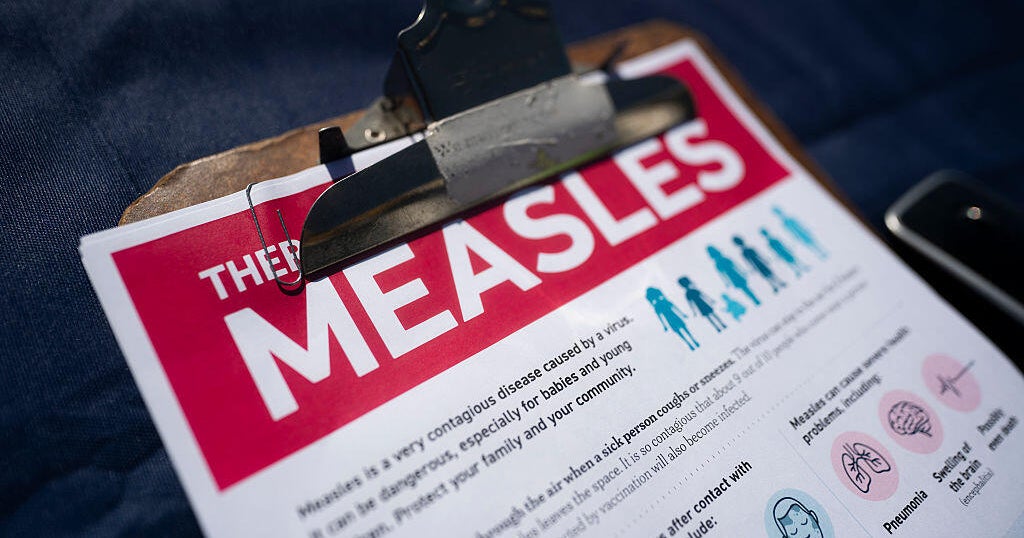Angelina Jolie Says She Has Suffered From Bell's Palsy
NEW YORK (CBSNewYork) -- Actress Angelina Jolie has revealed new health issues since her public split from Brad Pitt last year, among them Bell's palsy.
Jolie talked about her life since the separation in the September issue of Vanity Fair magazine.
She said she developed hypertension, as well as Bell's palsy – which caused one side of her face to droop.
Jolie credits acupuncture for helping her recover.
"Sometimes women in families put themselves last," she was quoted in the Vanity Fair article, "until it manifests itself in their own health."
As CBS2's Dr. Max Gomez reported, mystery surrounds Bell's palsy – a paralysis or weakness of the muscles on the side of the face.
The result is that one side of the face droops.
Bell's palsy is not common, but also not all that rare. About 40,000 people a year will develop the condition.
The paralysis or weakness affects the facial nerve that comes out right behind the ear and innervates the muscles of the face. Smiling, frowning, and blinking are all impaired with Bell's palsy.
The cause is thought to be a virus that inflames the nerve, causing it to swell. But because the nerve comes out of the brain through a little bony tunnel, there is no room for it to swell – so it gets squeezed and shuts down.
Bell's palsy comes on suddenly – often overnight and without warning. The only treatment for it is prednisone, an oral steroid, to reduce inflammation – along with antiviral medication.
The good news is that most people with Bell's palsy start to regain normal function within a couple of weeks, and usually recover completely or with very few aftereffects.
CBS2's Maurice DuBois suffered an attack of Bell's palsy about a year and a half ago. He said he just woke up one morning with it.
"I woke up one morning – the side of my face was frozen. I couldn't believe it; thought it was a stroke; didn't feel like it. I called the doctor, quickly diagnosed it, and then I went to a neurologist who then went through the steroids that you talked about," DuBois told Gomez. "But just, I mean, frozen, and you're freaked out by this – without warning."
DuBois noted that Bell's palsy can also leave an eye frozen open, requiring patients to put ointments on it to keep it from getting scratch.
As to recovery, DuBois said, "you literally sit around and wait." But after a month, he was able to return to work.







